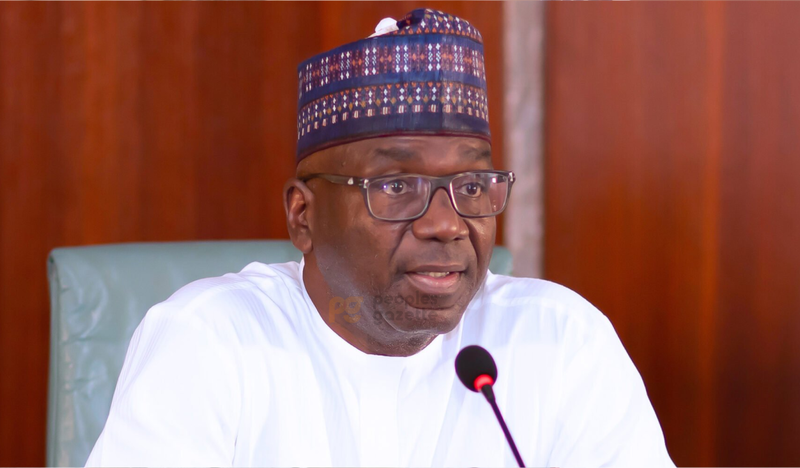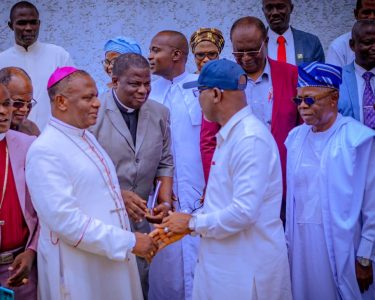Summary
- The Nigerian Governors Forum (NGF) has expressed serious concern over a significant crisis in education
- The NGF highlighted that foundational skills are essential for achieving educational goals
- Governor AbdulRahman AbdulRazaq revealed that approximately 66% of primary school-age children in Nigeria are out of school, with poor quality education contributing to high dropout rates and low completion levels
- Aisha Garba from UBEC stressed the importance of improving educational quality for national development
Governors of the 36 states of the federation have, under the umbrella of the Nigerian Governors Forum (NGF), expressed concern that Nigeria is facing a challenging crisis in education. They stated that foundational skills are critical building blocks for achieving educational objectives.
This was announced on Thursday, July 31, in Abuja by AbdulRahman AbdulRazaq, Chairman of the Nigerian Governors Forum (NGF) and Kwara State governor, during the State-Level Workshop on Foundational Learning and Out-of-School Children.
In January, the Minister of Education, Olatunji Alausa, stated that the federal government was working closely with state governors to address the issue of out-of-school children. The Minister stressed that the number of out-of-school children was mind-boggling and disturbing.
Governor AbdulRazaq, in his speech read by NGF Education Advisor Leo The Great, said, “Nigeria is facing a crisis. We are dealing with a significant number of out-of-school children. However, enrolment in school for most children does not translate into actual learning.” He disclosed that nationwide data indicates a 66% out-of-school rate among primary school-age children in Nigeria, noting that the poor quality of education has led to high dropout rates, as well as low transition and completion levels.
He stated, “Foundational skills are not merely the end goal of an educational system; they are also critical building blocks for achieving other educational objectives, including retention and progression from one level to the next.”
He further added, “As critical stakeholders in the education ecosystem, we understand that there is now a focus on the provision of quality education, especially for foundational learning, to enhance the success of globally tested learning methodologies and technologies.”
He identified several challenges affecting conditional training, including inadequate characterisation of issues, a lack of suitable learning materials, insufficient independent training and literacy, and limited familiarity with recent research on conditional training and digital literacy skills. Additional factors include weak local capacity for monitoring and evaluating disruptions and outcomes in conditional training, a shortage of available resources, low awareness and support from families and communities, and a lack of commitment from both state and non-state actors. These issues significantly hinder the development of the education sector and basic proficiency in numeracy and literacy in the country. He noted that the Nigerian Governors Forum hopes this workshop will enhance motivation among federal and state policymakers to implement evidence-based reforms aimed at improving foundational learning and addressing the challenges of out-of-school children across the country.
Aisha Garba, the Executive Secretary of the Universal Basic Education Commission (UBEC), highlighted that Nigeria’s education system continues to face significant challenges despite political and systemic barriers. Represented by UNEC Deputy Secretary, Technical, Rasaq Akinyemi, she emphasised the importance of building on existing achievements to ensure inclusive education, asserting that every Nigerian child deserves quality education. Garba stated that basic education is crucial for national development and called for improvements in educational quality to provide all children with the learning opportunities they need. She noted that the current situation is a national crisis, with millions of children out of school and many parents lacking formal education and skills. She stated, “These challenges go beyond the pandemic; they reflect deep structural issues that have persisted for decades.”





